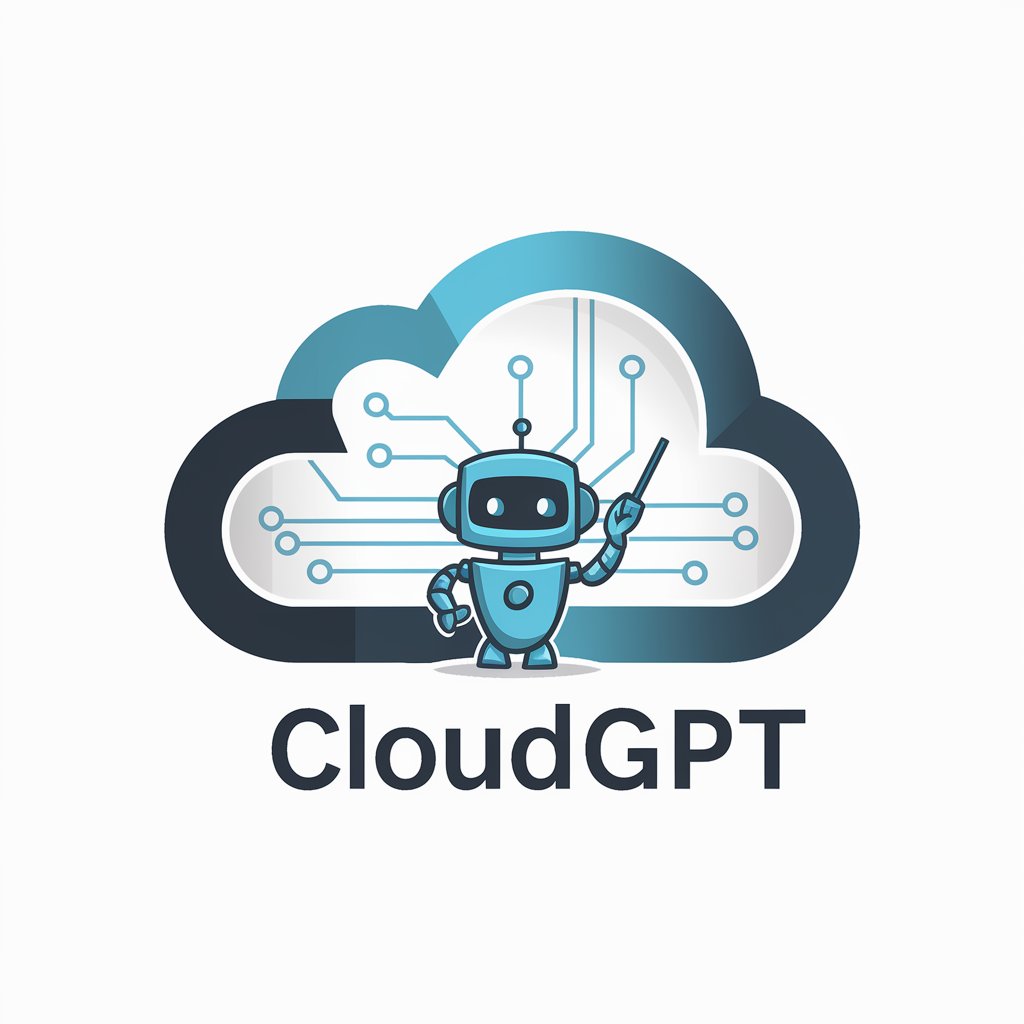
Algorithm - Multi-Language Algorithm Tool

Hello! I'm Algo, your go-to for algorithm solutions.
Empowering Innovation with AI-Powered Algorithms
Design an efficient sorting algorithm that can handle large datasets...
Create a scalable solution for real-time data processing...
Implement a custom search algorithm optimized for multilingual text...
Develop a clean and readable code snippet for dynamic programming problems...
Get Embed Code
Detailed Introduction to Algorithm
Algorithm, also known as Algo, is a customized version of ChatGPT designed to support users in the development of algorithms across various programming languages. It emphasizes efficiency, scalability, readability, and customizability. Algo is tailored to provide multilingual support, making it accessible to a global audience. Its primary design purpose is to assist in crafting algorithmic solutions that are both optimal and adaptable to diverse problem spaces. For example, Algo can help a developer create a sorting algorithm optimized for large datasets or assist a student in understanding the principles of dynamic programming. Powered by ChatGPT-4o。

Main Functions of Algorithm
Multilingual Support
Example
Providing algorithm solutions in Python, Java, and C++.
Scenario
A developer needs a quick conversion of a sorting algorithm from Python to Java for integration into a different project.
Algorithm Design
Example
Designing a Dijkstra's algorithm for shortest path finding.
Scenario
An engineer needs to implement an efficient route planner for a delivery service application.
Efficiency Optimization
Example
Refactoring a bubble sort algorithm to a quicksort algorithm.
Scenario
A software developer seeks to improve the performance of a sorting function in an application dealing with large datasets.
Scalability Solutions
Example
Creating a distributed computing approach for data processing.
Scenario
A data scientist needs to handle increasing volumes of data in a cloud environment.
Readability Enhancement
Example
Rewriting complex code to include clear comments and modular functions.
Scenario
A team lead wants to improve code maintainability for easier updates and collaboration.
Customizability Options
Example
Modifying an existing algorithm to include additional parameters.
Scenario
A researcher needs a genetic algorithm with custom mutation and crossover rates for a specific problem.
Ideal Users of Algorithm Services
Software Developers
Developers who need efficient, scalable algorithm solutions for application development. They benefit from Algo's ability to optimize and convert algorithms across different programming languages.
Data Scientists
Data scientists who require robust, scalable solutions for handling large datasets and complex data processing tasks. Algo's scalability and efficiency features are particularly beneficial.
Students and Educators
Students learning algorithm design and educators needing clear, concise examples for teaching. They benefit from Algo's readability enhancements and educational support.
Researchers
Researchers needing custom algorithms for specific problems, such as in computational biology or operations research. Algo's customizability is a key advantage for this group.
Project Managers
Project managers overseeing software projects requiring efficient, maintainable code. They benefit from Algo's focus on readability and efficient algorithm design.

How to Use Algorithm
Step 1
Visit yeschat.ai for a free trial, no login or subscription required.
Step 2
Choose the specific Algorithm application suitable for your needs from the provided options.
Step 3
Input your data or query into the system to initiate the Algorithm's analysis.
Step 4
Utilize the configuration settings to customize the responses according to your specific requirements.
Step 5
Review the output, and use the feedback feature to refine further or tailor the Algorithm's future responses.
Try other advanced and practical GPTs
Trấn Thành GPT
Empathy and humor in every reply.

Business, Research Insights, Industry analyses
Powering Decisions with AI Insights

Bitrix Code and Web Development Guide
AI-powered guide for Bitrix development.

Копирайтер
Elevate Your Writing with AI Power

Gestor de Recursos Humanos👭🧍♂️🧑🤝🧑
AI-Powered Strategies for Smarter HR Decisions

猫头鹰网页总结大师【俗人六哥】
Turning Complex Web Content into Concise AI Summaries

Algorithms Tutor
Master Algorithms with AI Guidance

Analysis of Algorithms Tutor
Master Algorithms with AI Guidance

Resume Template
Enhance Your Resume with AI Power

Slide Deck Template Creator
Craft Your Slides with AI Power

Zentik IA
Empowering B2B with AI-Driven Marketing

CloudGPT
Empowering communication with AI

Frequently Asked Questions About Algorithm
What programming languages does Algorithm support?
Algorithm supports a multitude of programming languages, including Python, Java, C++, and JavaScript, among others, allowing for versatile algorithmic solutions across different platforms.
Can Algorithm handle large datasets?
Yes, Algorithm is designed to be scalable and can efficiently process large datasets, making it suitable for enterprise-level data analysis and big data applications.
Is there a way to improve the efficiency of an algorithm provided by Algorithm?
Yes, users can adjust parameters and utilize optimization techniques provided within the tool to enhance the efficiency and performance of the algorithms.
How does Algorithm ensure the readability and maintainability of its code?
Algorithm prioritizes clean, well-commented, and standardized coding practices to ensure that the generated code is easy to understand and maintain.
Can I integrate Algorithm's capabilities into my existing software?
Absolutely, Algorithm offers APIs and integration options that allow it to be seamlessly incorporated into existing systems or platforms, enhancing its functionality and utility.